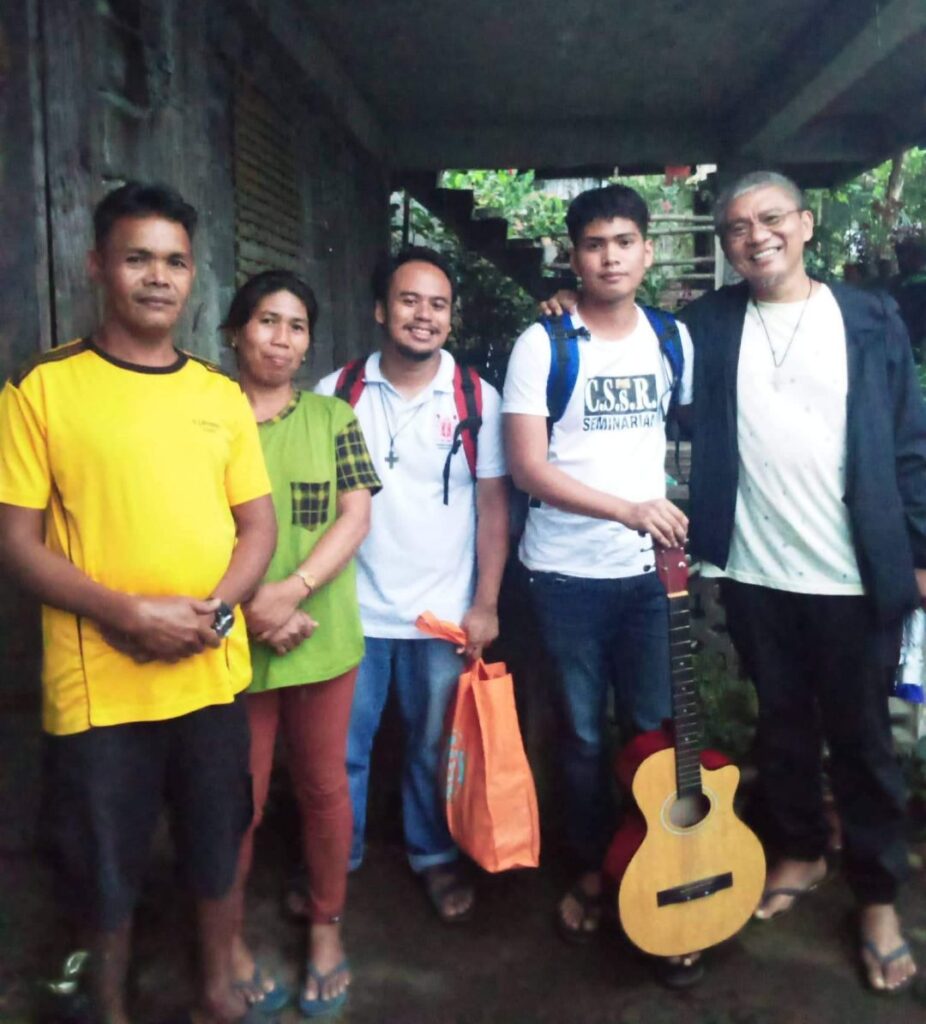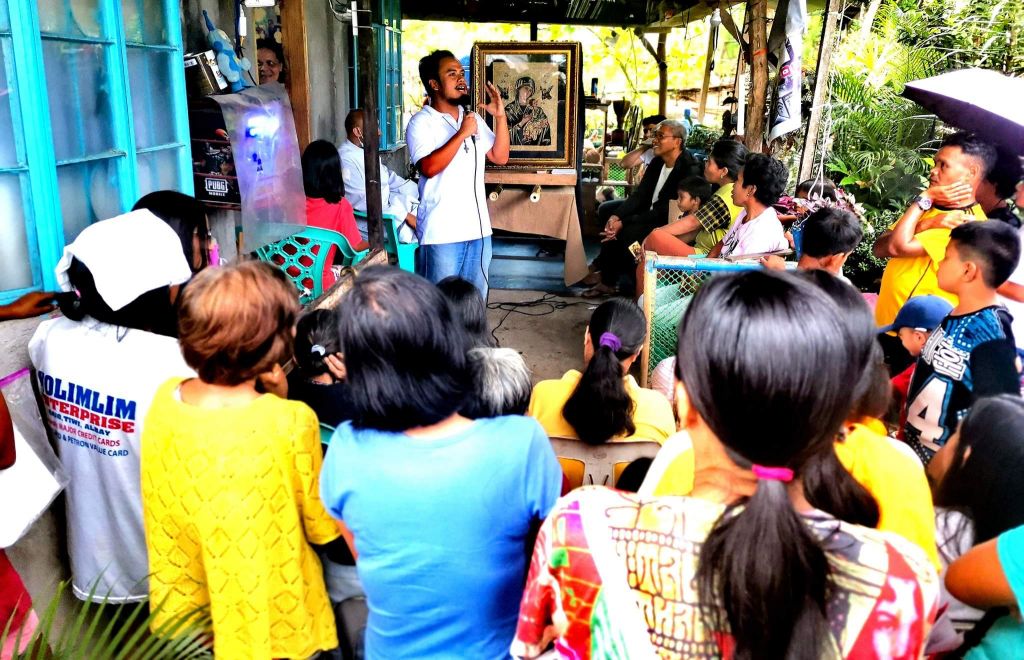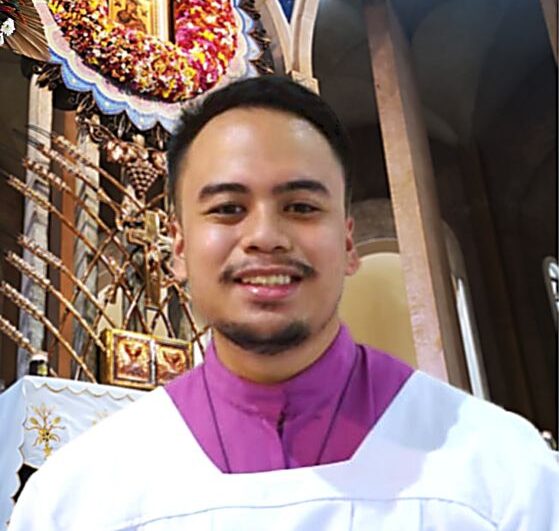by Luke Gealogo
It all began with a single click.
In the middle of my last year in senior high school, I began to think of the many possible scenarios for my future career or journey in life. Having been an altar server at our local chapel for almost nine years at that time, the idea of entering the priesthood started to whisper in my head. Also, after two years of being a Humanities and Social Science student and becoming involved in the student leadership of our school, there sprung the dream of being able to serve the society whether as a HUMSS-related teacher or as a community organizer.
The question kept on haunting me until, as I was scrolling my Facebook feed, I came upon an eye-opening and heart-awakening scene. There I saw pictures and video clips of some priests, nuns, and their lay partners carrying banners and placards in front of what seemed to be the famous Baclaran Church. As they “shouted their prayers” of ending the violence against the “lumad” and defending their rights to their land and education, there were on the other side of those scenes the lumad themselves wearing their native attires and accessories, being warmly welcomed and embraced by those militant yet compassionate Church people.

Having seen such “Gospel” unfold out of the pages of the Bible, I cannot help but feel this longing to be part of such a historic moment. It felt like the two worlds, two “what-ifs,” or heaven and earth, have intersected at that very concrete and real scene of Christian and humane solidarity. My fingers suddenly became frozen and incapable of scrolling on my phone.
I wanted to be part of that “Mission,” that moving Biblical moment that has come to life. And so I began to inquire and explore. These men of the cloth and of the poor—the Redemptorists, as they are known—later on, would become my constant companions in my journey along the road less traveled. And, indeed, for me, that had made and continues to make all the difference.
Having undergone the Redemptorist formation for three years, I can say that it is not your usual “monk-ish,” cloistered seminary routine. Yes, there are the common morning and evening prayers hinging the whole day. We, too, of course, celebrate the Mass and the public devotions, especially the Novena to Our Mother of Perpetual Help. We also spend ample time on our philosophical academics. But these typical seminary dynamics, in our Redemptorist way, are always being connected to and integrated into our missionary dynamism: Honing our spirituality and piety outside the four corners of the seminary compound and toward the concrete realities, struggles, and aspirations of the urban poor next door or of the simple peasants and indigenous natives in the countryside.

We sleep in both the comfort of our dormitory quarters and in the simple sanctuaries being offered to us by ordinary people. There is a time to open the breviary for the recitation of time-directed prayers; there is also a time to close this devotional book for immersion in the lives and prayers of the poor. We celebrate God’s solidarity with His people, especially the marginalized and unwelcomed, in both the Mass in the chapel, and in the meals shared with the masses. We, as Church people, form Christian communities from the grassroots, as these very grassroots become where these same communities form us to become missionaries.
This is the life, our lives, as Redemptorist seminarians. The seminary is our world; but the world where we are being formed and shaped becomes our seminary.
We sleep in both the comfort of our dormitory quarters and in the simple sanctuaries being offered to us by ordinary people. There is a time to open the breviary for the recitation of time-directed prayers; there is also a time to close this devotional book for immersion in the lives and prayers of the poor. We celebrate God’s solidarity with His people, especially the marginalized and unwelcomed, in both the Mass in the chapel, and in the meals shared with the masses. We, as Church people, form Christian communities from the grassroots, as these very grassroots become where these same communities form us to become missionaries.
This is the life, our lives, as Redemptorist seminarians. The seminary is our world; but the world where we are being formed and shaped becomes our seminary.
Luke Gealogo, 22, is a postulant from Viceprovince of Manila, Philippines
His testimony was featured in the Philippine Daily Inquirer (www.inquirer.net)






